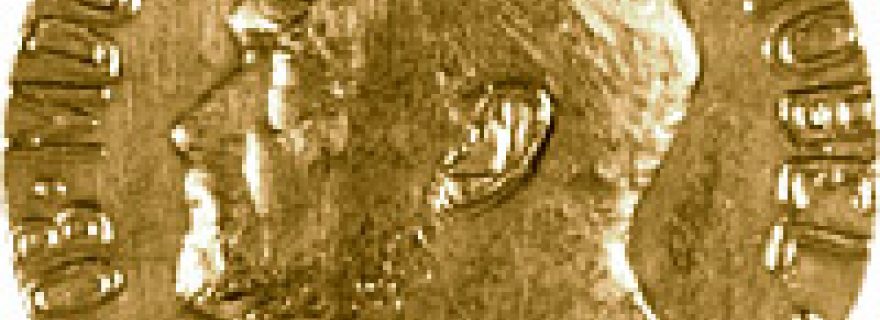Tunisian National Dialogue Quartet Wins the Nobel Peace Prize 2015
The Norwegian Nobel Committee has decided that the Nobel Peace Prize for 2015 is to be awarded to the Tunisian National Dialogue Quartet.
The Norwegian Nobel Committee has decided that the Nobel Peace Prize for 2015 is to be awarded to the Tunisian National Dialogue Quartet that was formed in 2013 when the democratization process was in danger of collapsing as a result of political assassinations and Tunisia seemed to be on the brink of civil war. According to the Committee, the Quartet contributed to the building of a pluralistic democracy in Tunisia in the wake of the Jasmine Revolution of 2011.
It established an alternative, peaceful political process at a time when the country was on the brink of civil war. It was thus instrumental in enabling Tunisia, in the space of a few years, to establish a constitutional system of government guaranteeing fundamental rights for the entire population, irrespective of gender, political conviction or religious belief.
The decision to give this Nobel Peace Prize to this Tunisian group might be a surprise to many. The prize was not given to a well-known political leader or international (non-governmental) organization, but to four relatively unknown local groups. An excellent decision of the Committee to show that small actors can make a big difference and can also win the most prestigious of all peace prizes. Hopefully it will be regarded by similar local groups as a sign of recognition and appreciation for their hard work for peace, in Tunisia and elsewhere in the region and around the world. It is also a wise decision of the Committee to put the spotlight on Tunisia. The so-called Arab Spring is now often referred to as the start of the Arab Winter with bloody civil wars raging in many parts of the Arab world – from Yemen to Syria and from Libya to Iraq. Tunisia, the country where the political changes started, has managed to keep the peace even when confronted with terrorist violence and political tensions. It is good to remind the world that even under difficult conditions, peace is possible and that relatively small players can play an important role in achieving that.


